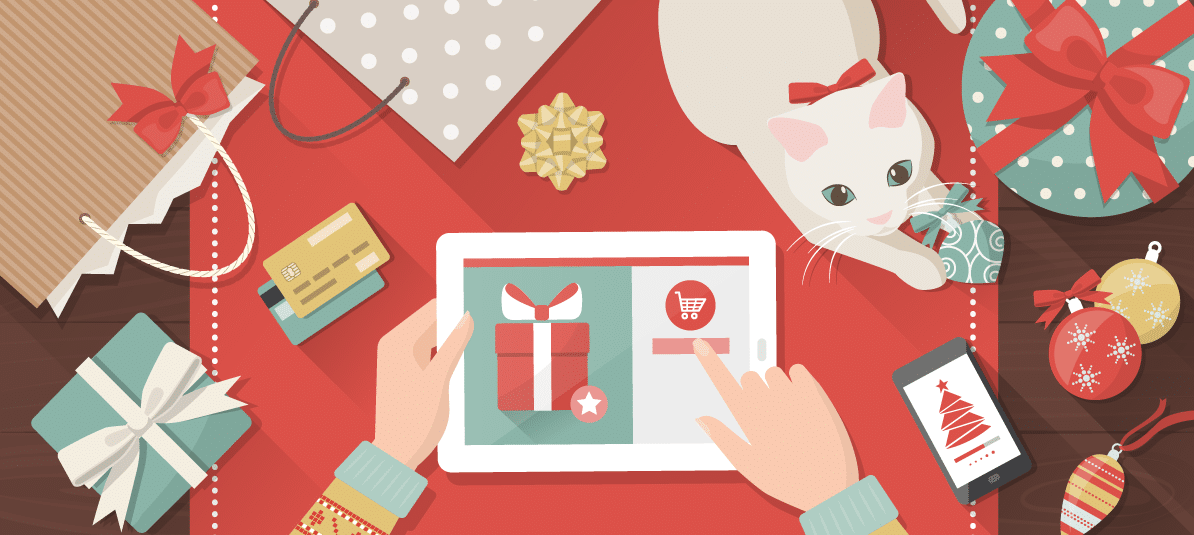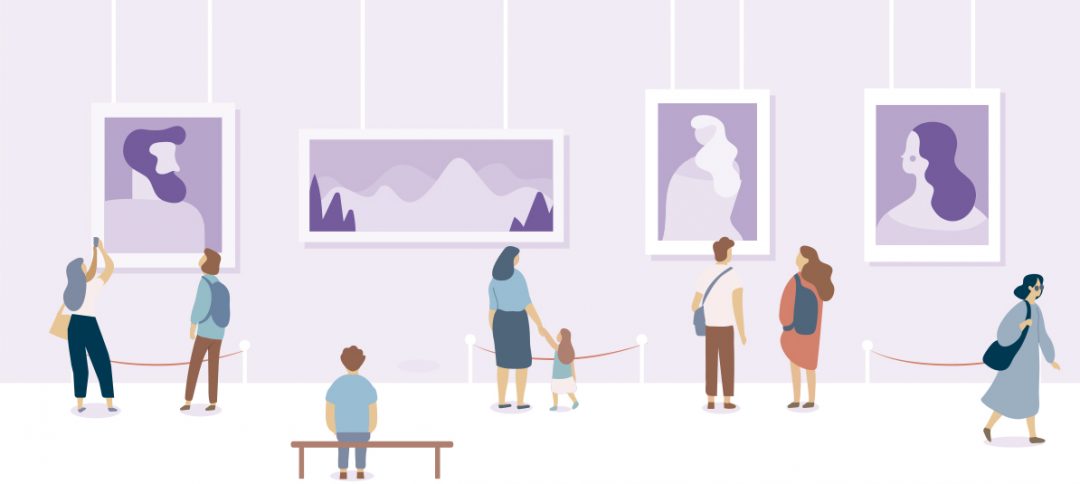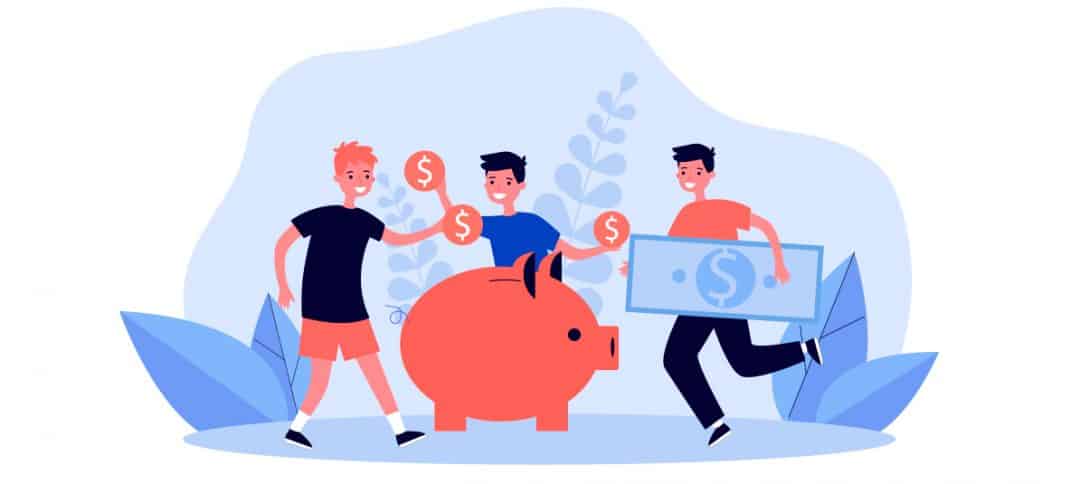Knowing how to spend your money at Christmas is more important than the budget itself, but if you need any advice you can visit our article on how to make savings at Christmas.
And which are the most important expenses to make the happiest festivities? Essentially those that most closely match your preferences. This is the best advice on spending your money at Christmas and being happier.
Spend mindfully
Conscious spending is a tool to bring your spending in line with your priorities and objectives. Practising conscious spending at Christmas means thinking about the things that really make you happy at this time of year and focusing your expenditure on these outgoings.
If it’s about gifts, then put the bulk of your budget towards them; if your thing is food, then make a banquet fit for a king; if you love decorations, change your Christmas tree, buy some gorgeous baubles… in short, devote the largest part of your Christmas budget to what fills you with the most joy.
Buy experiences, not things
We tend to think of gifts as something material. But they don’t have to be. According to Elizabeth Dunn and Michael Norton in their book Happy Money, we put a higher value on experiences than objects.
For example, a new car will make you very happy for the first few days or weeks, but little by little that feeling will evaporate as you get used to it. At the end of the day, it’s just another element in your life that won’t bring you any additional happiness because it’s something you take for granted.
With experiences, it’s quite the opposite. You thoroughly enjoy them at the time, and then they become stronger as time goes on. To make this clearer, take a moment to think about your happiest memories of the last 12 months. It’s quite likely that most of them were experiences.
The reason for this is that experiences are unique. It is impossible to experience something exactly the same, far less buy one. In the case of your car, all you need is for your neighbor to buy a better one to diminish your happiness.
Yet in the case of experiences, there are two factors that help to make memories that will endure in your mind:
- That they are shared
- That they are associated with one of your values or interests
Spending money with your loved ones
Social relations are a source of happiness. The money we spend with other people is much more likely to turn into a happy expense. The best stories are those we live with our loved ones, and the things we do with them are what stay in our minds and create unforgettable memories.
In other words, choosing with whom you spend money is just as important as knowing what to spend it on.
Buy free time
The authors of Happy Money point to free time as a key factor in having a good quality of life. And when it comes to time, there are two key points:
- Increase the amount of time you spend with friends and family.
- Reduce the time you spend watching TV at Christmas and, indeed, in your daily life. This is so much so that people who watch less than 30 minutes of television per day have a much higher happiness level.
Pay now, enjoy tomorrow
Modern society invites us to buy now and pay tomorrow. Consumer loans, credit cards and interest-free financing. All these tools are devised to get you to buy today with money you don’t yet have for which you’ll pay at a later date.
And we do it because shopping is supposedly a source of happiness. The problem is that it offers a momentary rush, which lasts a very short time and is followed by remorse.
If you want to be happier with your money at Christmas, do it the other way round. Pay now and enjoy tomorrow, something you can do by buying an experience today that you’ll do in a few weeks’ time.
In this way you’ll get double the enjoyment: the anticipation of the planning, if it’s a trip, and then the actual experience.
Leave the best until last
This is known as the peak end rule, whereby what happens at the end of a trip or a season is remembered better than what happened at the beginning. Moreover, the more powerful the experience, the better it will be remembered.









